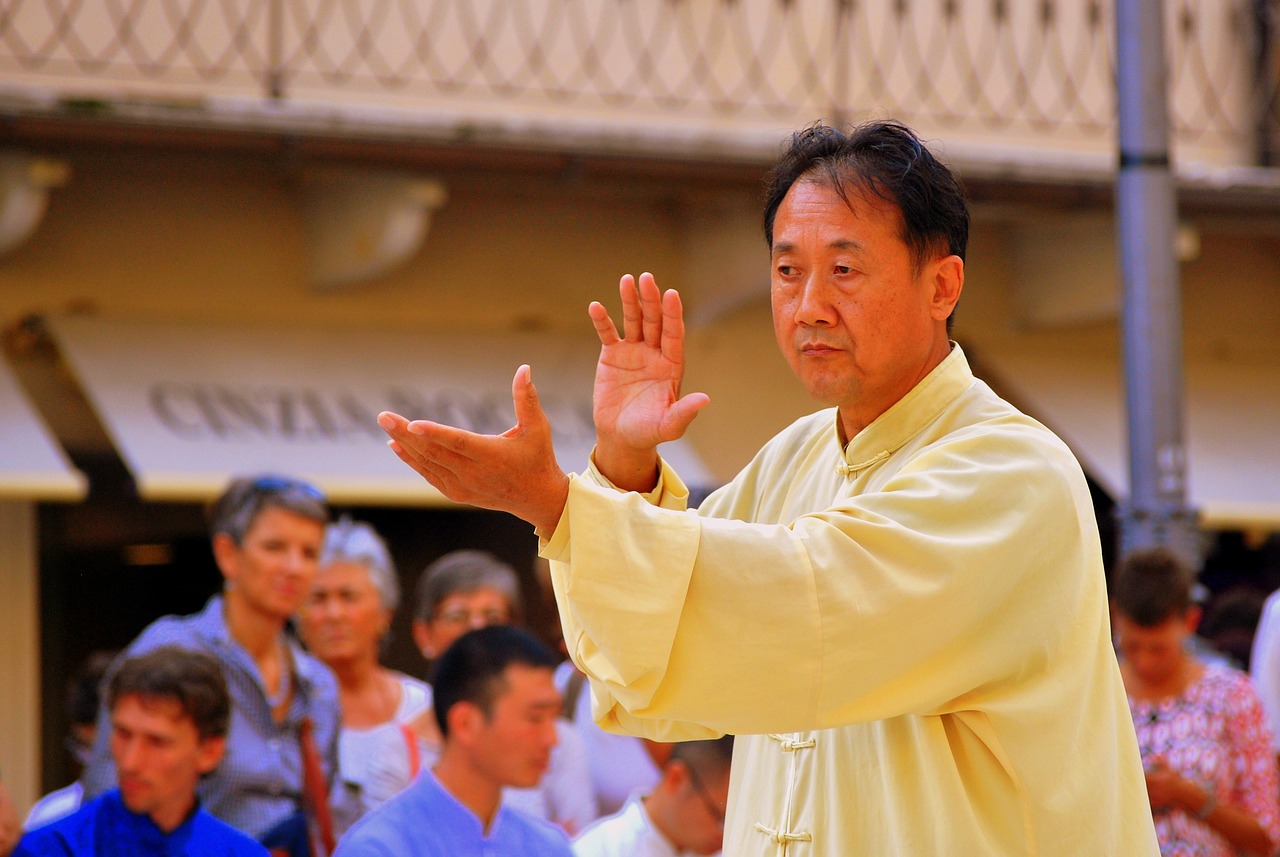The fluid-like, graceful movements of Tai Chi, an ancient Chinese martial art, may prove beneficial for patients who don’t want to undergo traditional cardiac rehabilitation, according to research.
According to the study, over 60% of patients who have suffered a heart attack decline to participate in cardiac rehabilitation. Reasons include financial problems and distance to facilities, but many patients also look on physical exercise as painful, unpleasant or downright difficult in their physical condition, Medical Xpress reports.
The gentle motions of Tai Chi may prove to be a good alternative in these cases, according to the researchers. Elena Salmoirago-Blotcher, lead author of the study and assistant professor of medicine at the Warren Alpert School of Medicine at Brown University, said,
We thought that Tai Chi might be a good option for these people because you can start very slowly and simply and, as their confidence increases, the pace and movements can be modified to increase intensity.
She further explained, “Tai Chi exercise can reach low-to-moderate intensity levels. The emphasis on breathing and relaxation can also help with stress reduction and psychological distress.”
This is the first study that suggests Tai Chi may help improve how high-risk cardiac patients perceive exercise.
The researchers adapted a Tai Chi routine previously used for patients suffering from heart failure and lung disease, comparing two variations to determine effectivity. LITE is a shorter program consisting of 24 classes over 12 weeks, while PLUS has 52 classes over 24 weeks.
The researchers recruited 29 physically inactive heart disease patients, averaging 67.9 years in age. The majority had experienced a heart attack or a procedure to open a blocked artery, but all had declined cardiac rehabilitation and were deemed high-risk due to factors such as smoking, high cholesterol, obesity and diabetes. None had orthopedic problems and received medical clearance to join the program. The participants were given DVDs for home practice during the classes.
The participants reported liking the class, and 100% said they would recommend it. Tai Chi likewise turned out to be safe, feasible, and raised the weekly amount of physical activity in the group that took the longer program.
Salmoirago-Blotcher said, “On its own, Tai Chi wouldn’t obviously replace other components of traditional cardiac rehabilitation, such as education on risk factors, diet and adherence to needed medications.” But it does have many benefits. “If proven effective in larger studies, it might be possible to offer it as an exercise option within a rehab center as a bridge to more strenuous exercise, or in a community setting with the educational components of rehab delivered outside of a medical setting.”
The study was published in the Journal of the American Heart Association.
























